Kim in Beijing: Why Xi's still the one he needs to see
- Published
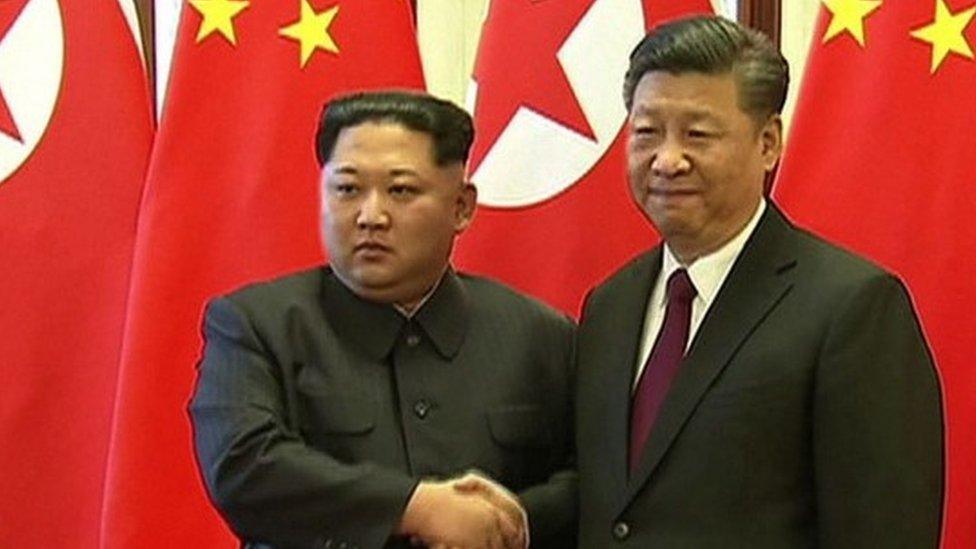
Best friends again?
Early on Wednesday morning local time, Chinese state media confirmed that the mystery visitor from across the Yalu River - carried on board an armoured train and received with much pomp and circumstance in Beijing - was none other than North Korean leader Kim Jong-un, writes Ankit Panda.
The trip marks Kim's first known trip outside of North Korea since he assumed the reins of power after his father's death in 2011.
After more than six years of purges, internal power consolidation and breakthroughs in nuclear and ballistic missile technology, Kim has left the Hermit Kingdom, at Chinese President Xi Jinping's invitation.
Under normal circumstances, such a trip would be seen as a marker of Kim's confidence - with North Korea's regime apparatus firmly under his thumb, he has felt ready to leave the country. A less secure leader might have feared a challenge to his authority or even a coup had he left the country prematurely.
But not only is Kim now confident enough to leave the country, he is seen playing the role of statesman, standing alongside Xi, himself the leader of a nuclear power state and permanent member of the United Nations Security Council.
And like Kim, Xi - following a recent change to China's constitution - will almost certainly lead his country for life, so their personal relationship matters.
China reportedly notified the United States of Kim's visit after it had occurred, further emphasising Kim's status as the belle of the ball in North East Asia. The North Korean leader sees his nuclear weapons as having conferred on his country a certain degree of status and prestige; his trip to China serves to underline that.
China's noticeable absence
But in observing Kim's visit, we can't set aside the international circumstances - which are anything but ordinary.
Beginning with his New Year's address, wherein he declared his nuclear and ballistic missile programs completed, Kim began what would become a months-long process of diplomatic outreach across the military demarcation line that separates his country from South Korea.
This process is ongoing.
On Thursday, envoys from the two Koreas will meet again to begin hammering out an agenda for what will become the third inter-Korean summit meeting at the end of April, when Kim will sit down with South Korean President Moon Jae-in at the Panmunjom truce village.
At the same time, we appear to be on track for what will become the first-ever US-North Korea summit. US President Donald Trump has accepted an invitation from Kim Jong-un - conveyed to him by South Korean envoys - to meet to discuss the denuclearisation of the Korean peninsula.
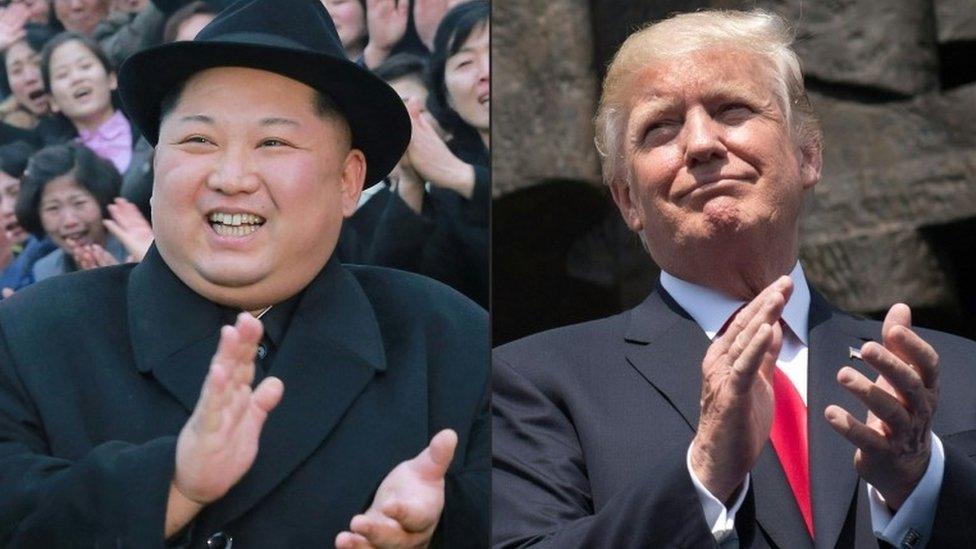
Backroom diplomacy is continuing to make the surprise Kim-Trump summit a reality
Amid all this, China appeared noticeably absent.
As the dominant regional power and North Korea's only ally and major trading power, Beijing wields considerable material and political influence in Pyongyang. The relationship is one that Chinese leader Mao Zedong once called "as close as lips and teeth" - a phrase meant to evoke both closeness and interdependence.
Since 2013, most analysts have seen signs of fracturing between Beijing and Pyongyang. Kim Jong-un purged Jang Song-thaek, his uncle and the man who was once seen as the point person in Pyongyang for managing the bilateral relationship. (Jang was particularly influential on economic matters.)
In 2016 and 2017, too, North Korea conducted ballistic missile launches during important moments for China. Launches occurred as China hosted world leaders for the 2016 G20 meeting in Hangzhou, during the opening of the Belt and Road Forum and the Xiamen BRICS summits in 2017.
Meanwhile in 2017, China voted for new rounds of increasingly harsh sanctions on North Korea at the UN Security Council.
While its enforcement of sanctions remains lacking - particularly for illicit sea-based commerce and financial institutions in the borderlands - Beijing has taken note of Washington's so-called "maximum pressure" campaign, seeking to give Trump what he desires.
North Korea has lashed out at these sanctions, seeing them as an unjust form of aggression.
Donald Trump and Kim Jong-un: From enemies to frenemies
Whatever bad blood exists between the two old partners, however, isn't enough to lead Kim Jong-un to make Moon Jae-in and Donald Trump the two first world leaders he'd meet since coming to power.
Instead, Kim, like his father and grandfather, has shown Beijing to be his first destination abroad.
The next months will open Pandora's box in North East Asia. Kim has been quoted by both South Korean and Chinese officials as being open to discussing denuclearisation, but, as always, this means something quite different for North Korea than it does for Washington. Pyongyang imagines a denuclearised "peninsula" as one without a US nuclear guarantee for South Korea.
As preparation begins for the inter-Korean summit and a chaotic White House in Washington lurches toward its own summit with North Korea, China has made it clear that it is anything but irrelevant.
While South Korea's Moon was in the driver's seat through February and March with North Korea, that period may have come to a close.
Ankit Panda is an adjunct senior fellow at the Federation of American Scientists
- Published9 March 2018
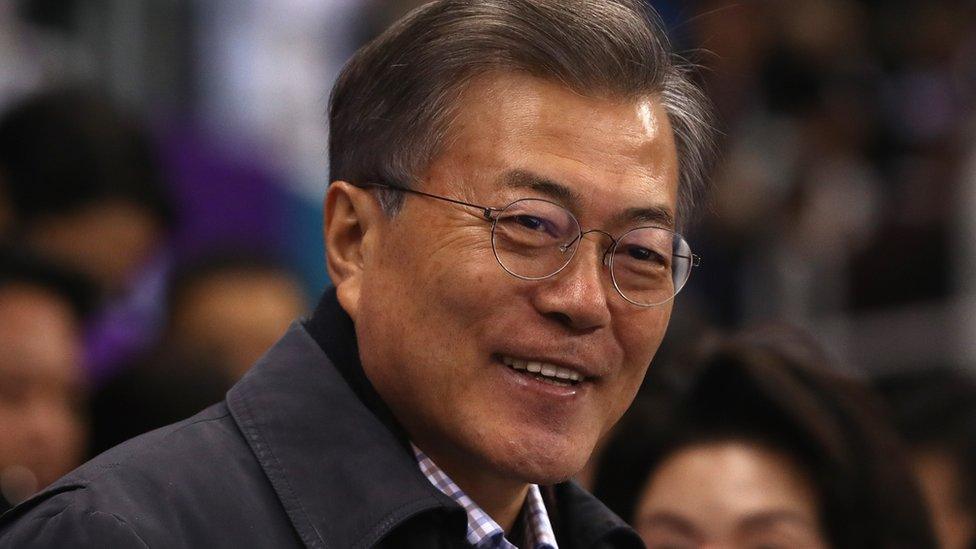
- Published21 April 2020
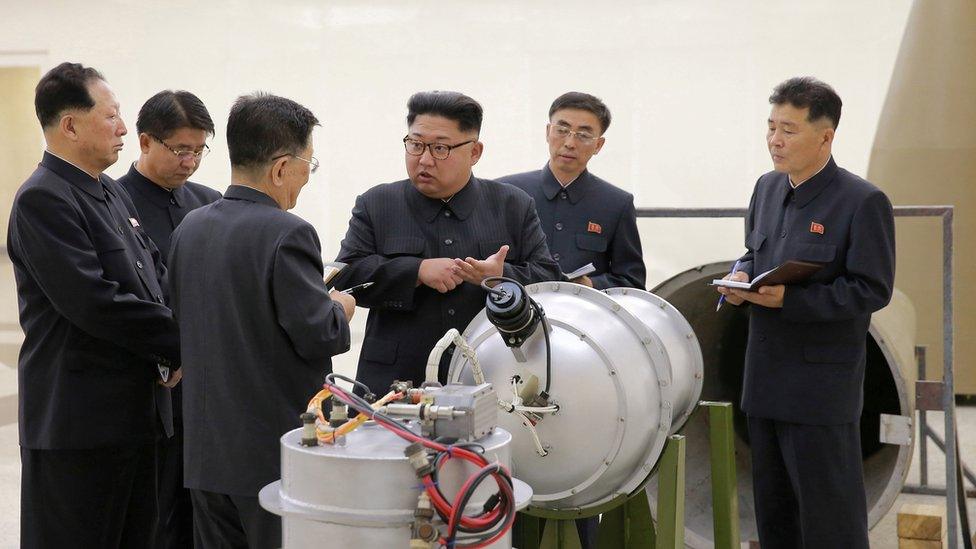
- Published30 August 2017
- Published11 September 2023
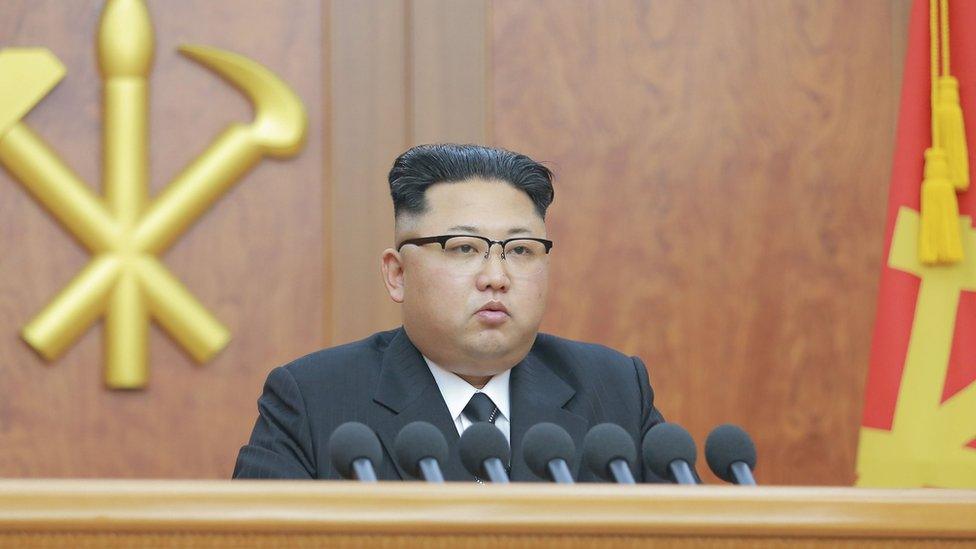
- Published13 August 2017
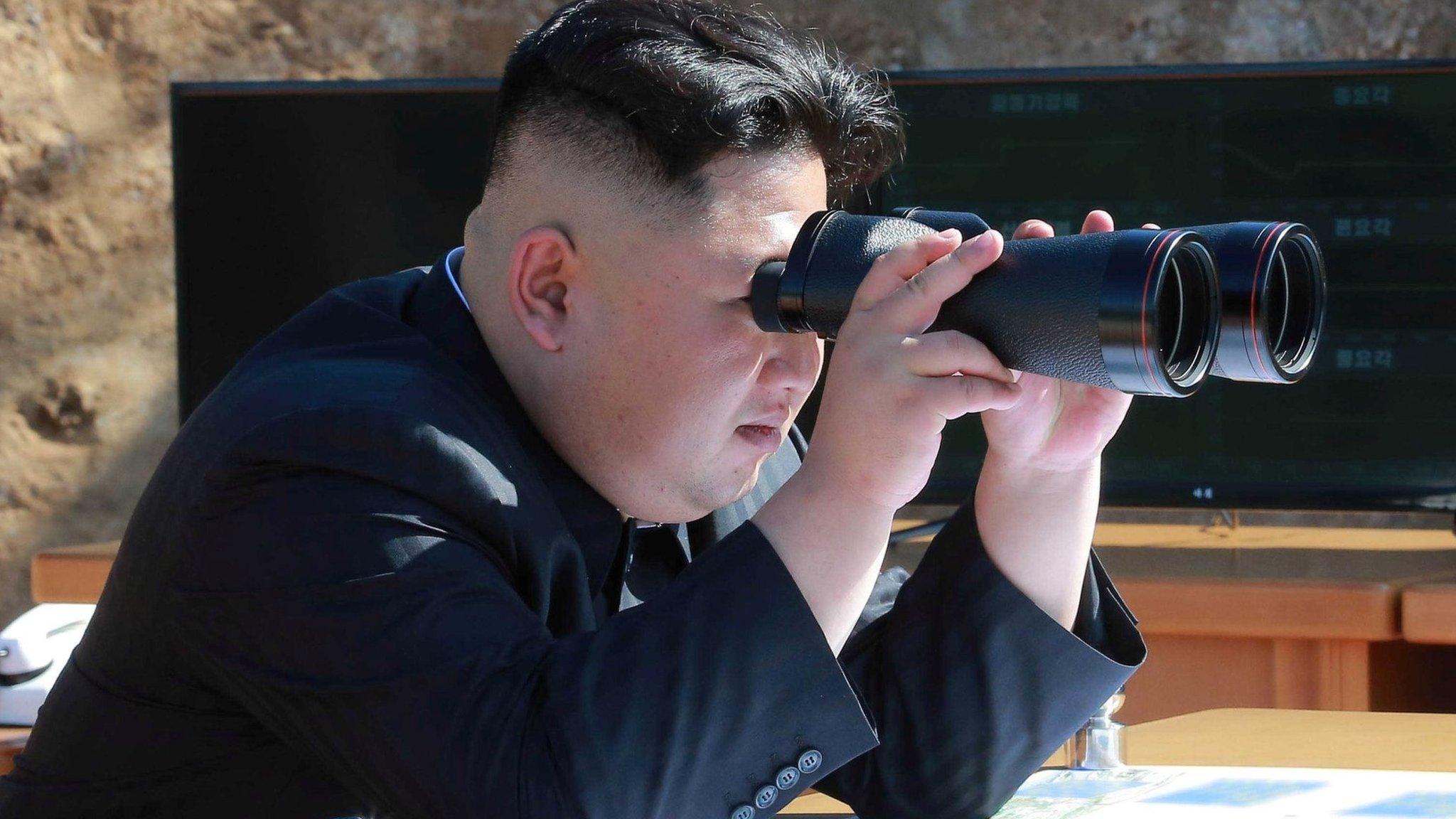
- Published16 March 2018
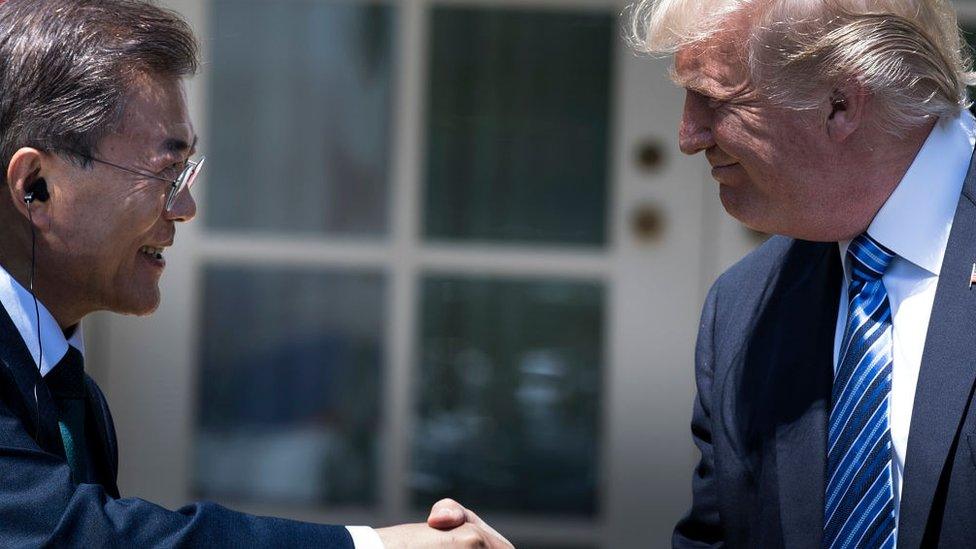
- Published10 March 2018
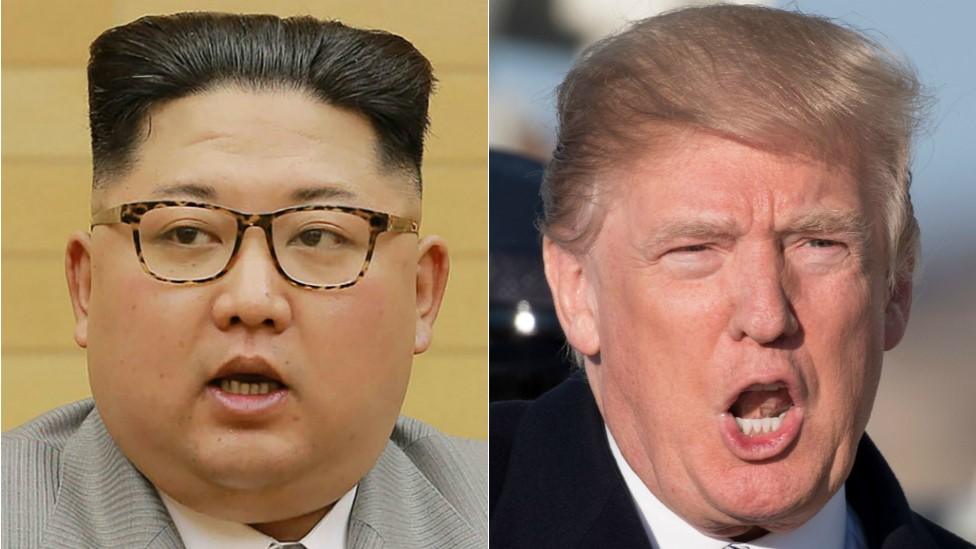
- Published19 October 2017
